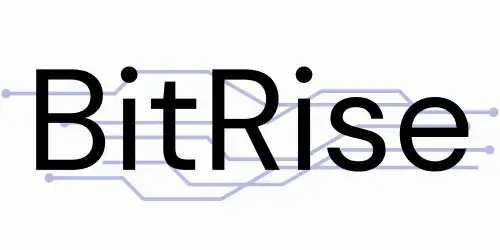Continuity learning (CL) is a method that focuses on gaining knowledge from dynamically changing data distributions. This technique mimics real-world scenarios and helps improve a model’s performance as it encounters new data while preserving previous information. However, CL faces a challenge called catastrophic forgetting, in which the model forgets or replaces prior knowledge when it learns new information.
Researchers have introduced several methods to address this limitation of Continuous CL Learning. Strategies such as Bayesian-based techniques, regularization-based solutions, memory-repetition-oriented methodologies, etc. have been developed. However, a coherent framework and a standardized terminology for their formulation are lacking. In this research paper, the authors from the University of Maryland, College Park and JD Explore Academy introduced a unified and general framework for Continuous CL Learning that includes and reconciles these existing methods.
Their work is inspired by the human brain’s ability to selectively forget certain things to enable more efficient cognitive processes. The researchers introduced a relearning mechanism that first unlearns and then relearns the current loss function. Forgetting less relevant details allows the model to learn new tasks without significantly affecting its performance on previously learned tasks. This mechanism has a seamless integration capability and is easily compatible with existing CL methods, enabling improved overall performance.
The researchers demonstrated the potential of their method by providing an in-depth theoretical analysis. They showed that their method minimized the weighted slope norm of the Fisher Information Matrix of the loss function and encouraged the flattening of the loss landscape, which resulted in an improved generalization.
The researchers also conducted various experiments on different datasets, including CIFAR10, CIFAR100, and Tiny-ImageNet, to evaluate the effectiveness of their method. The results showed that by using the refresh plugin, the performance of the comparison methods improved significantly, highlighting the effectiveness and general applicability of the refresh mechanism.
In conclusion, the authors of this research paper attempted to address the limitations associated with Continuous CL Learning by introducing a unified framework that encompasses and reconciles existing methods. They also introduced a new approach called refresh learning that allows models to unlearn or forget less relevant information, which improves their overall performance. They validated their work by conducting several experiments, which proved the effectiveness of their method. This research represents a major advance in the field of CL and offers a unified and customizable solution.
check it Paper and Github. All credit for this research goes to the researchers of this project. Also, don’t forget to follow us Twitter. Join us Telegram channel, Discord Channeland LinkedIn Groops.
If you like our work, you will love our work newsletter..
Don’t forget to join us 39k+ ML SubReddits
![]()
Asif Razzaq is the CEO of Marktechpost Media Inc.. As a visionary entrepreneur and engineer, Asif is committed to harnessing the potential of Artificial Intelligence for social good. His latest endeavor is the launch of an AI Media Platform, Marktechpost, which stands out for its in-depth coverage of machine learning and deep learning news that is technically sound and easily understood by a wide audience. The platform boasts over 2 million monthly views, proving its popularity with the audience.





0 Comments